Trampolines
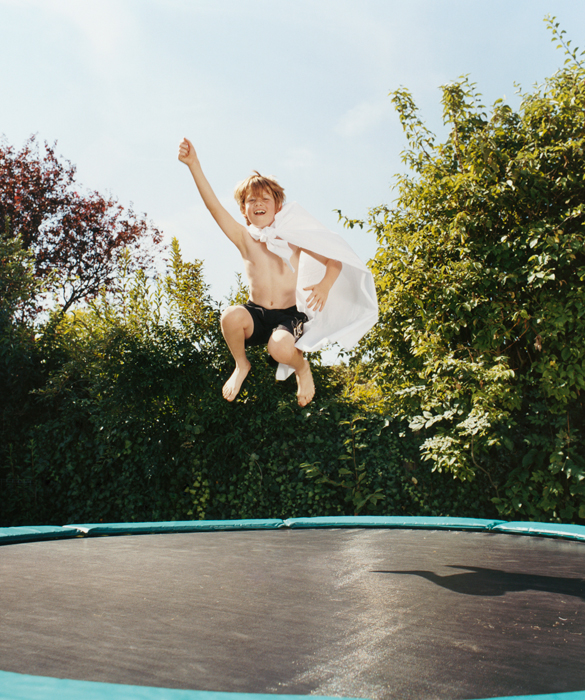
“Trampolines, trampolines, trampolines,” says Dr. Natasha Burgert, pediatrician. “The biggest thing I see are trampoline injuries like broken bones.” The American Academy of Pediatrics estimates close to 100,000 kids ages 5 to 14 are injured each year on these toys. If you do allow your children to jump, make sure they are safe and smart. Make sure all sides are secured with protective netting, and discourage kids from attempting any risky acrobatics.
Bikes
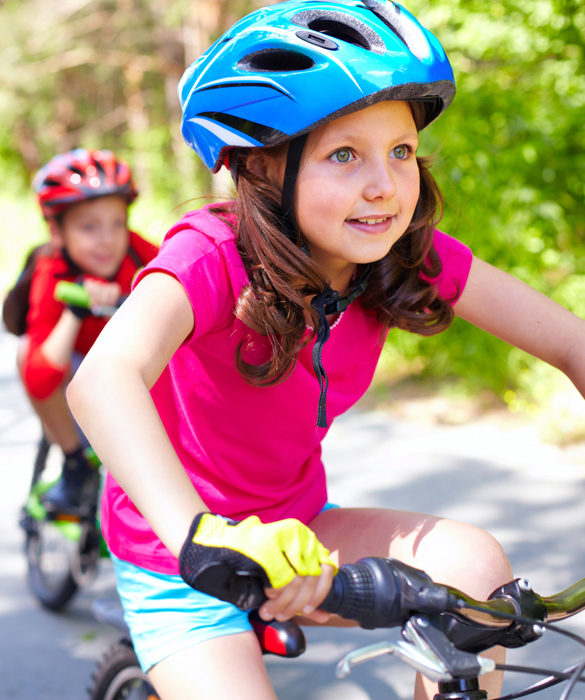
Children account for 59 percent of the half million bicycle injuries and 700 deaths seen annually, according to the CDC. “Most serious injuries occur when helmets aren't worn,” Dr. Peter Koltai, division chief of pediatric otolaryngology at Lucile Packard Children's Hospital at Stanford, says. In some states, it's actually the law for kids to wear helmets. Whether or not it's officially the law, though, make sure to enforce it in your family.
MORE: Dangerous Pets for Kids
Scooters and Skateboards
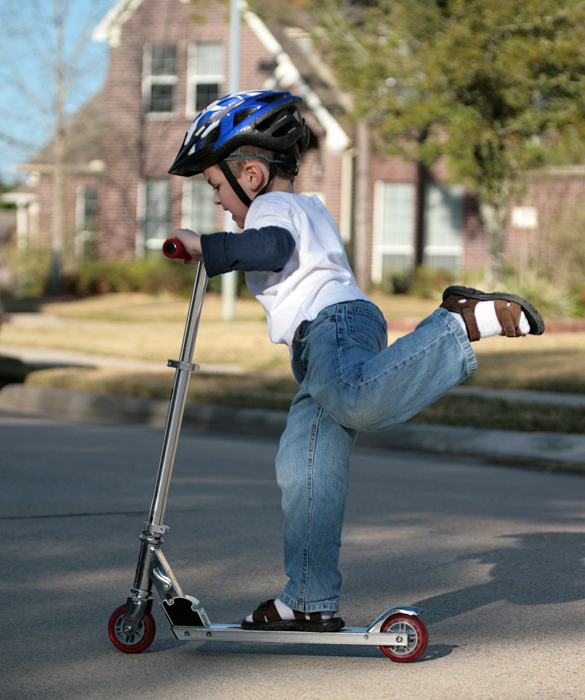
Bikes aren’t the only hazards on wheels. “Kids are growing up in a generation of new wheeled toys like scooters and skateboards,” Koltai says. “While these are great and fun, you need to be just as cautious of wearing a helmet as you would be with a bike.”
Battery-Operated Toys
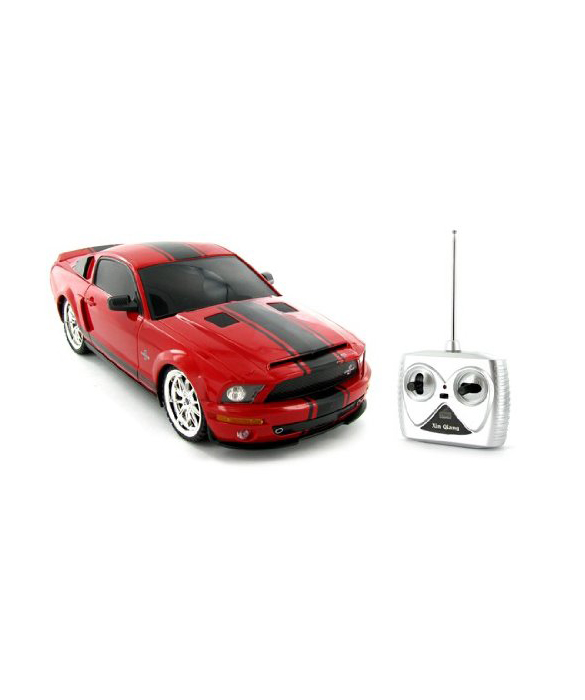
Kids get into everything—and most of the time, young ones will end up putting those things in their mouths. Koltai says to watch out for battery-operated toys like remote-control cars, boats and planes. Dangerous lithium button batteries can get lodged in the airway and esophagus. “Also, even after batteries are fully used, they still have enough electricity to cause health problems,” he says.
Pools
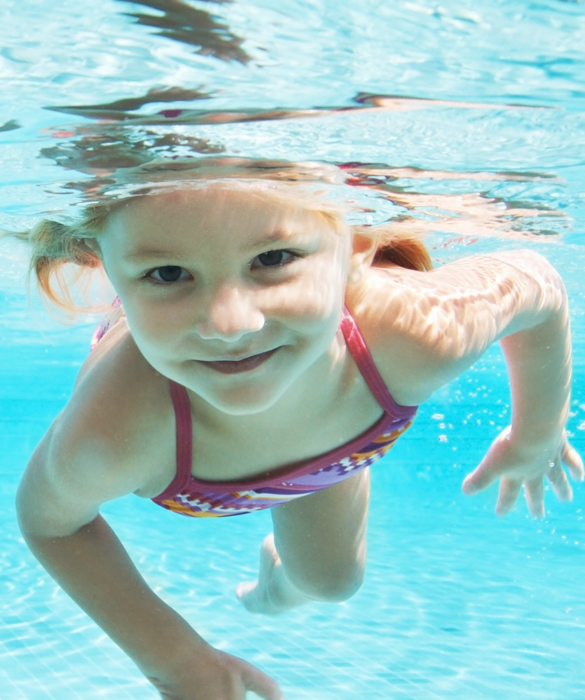
“You only have to see one baby suffer a brain injury to know how heartbreaking it can be,” says Dr. Koltai. “The most important thing to stress in the summer is the number of drownings we see. I cannot advocate enough for monitoring kids in water environments and teaching them to swim at a young age.” Babies and toddlers can drown in just a couple inches of water. According to the CDC, 30 percent of accidental deaths of small children between ages 1 and 4 were the result of drownings. With that in mind, do not leave kids alone in or near pools—even the blow-up kiddie pools.
Baseballs and Bats
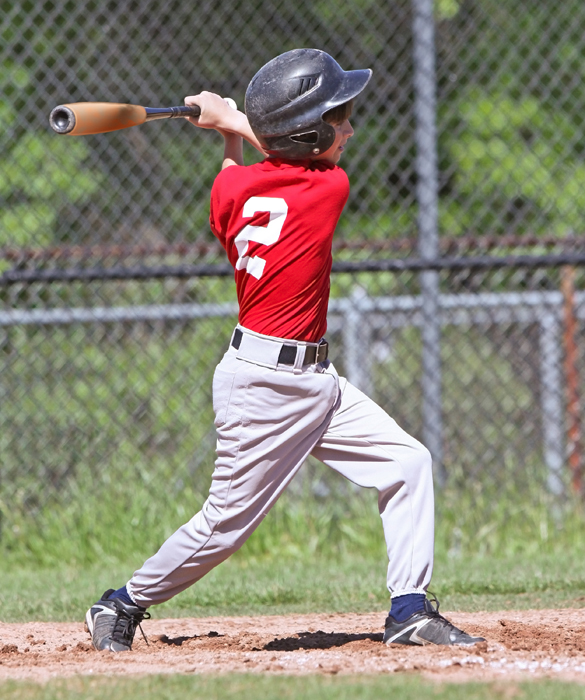
If you've ever been hit with a hard baseball, you know how painful it is—and it’s more devastating for children. “Most baseball injuries come in the form of an inadvertent bat swing or a ball thrown toward the head at a good intensity,” Koltai says. “Use of helmets for little, developing brains is so important to decreasing the likelihood of serious brain consequences.”
Playsets
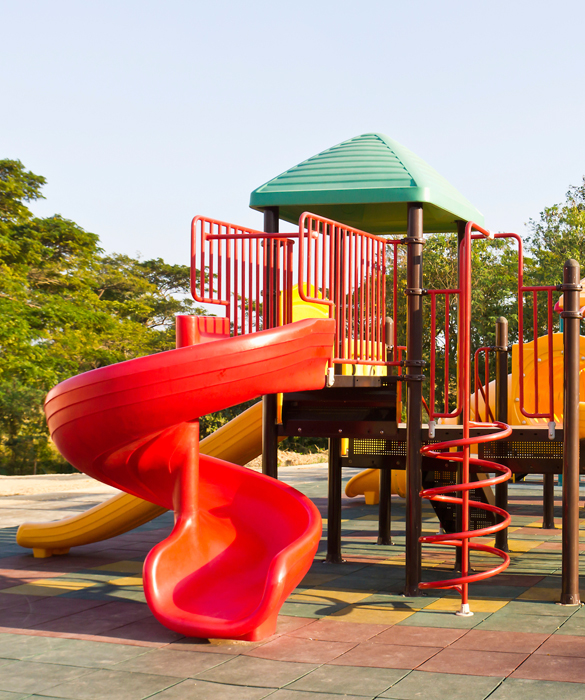
Kids love to swing, slide and climb on playsets, but every jungle gym contains a number of things to look out for. According to the CDC, emergency rooms treat 200,000 injuries related to playgrounds each year. “Falls from playground apparatuses are common,” says Koltai. “We’re encouraged by the the soft ground surfaces we’re seeing now, but be wary of parks with robust and tall equipment that don’t have the safer surfaces.” Look for rubber, sand and mulch to cushion a child’s fall. Asphalt and grass are harder, more dangerous sufraces.
Sharp Objects
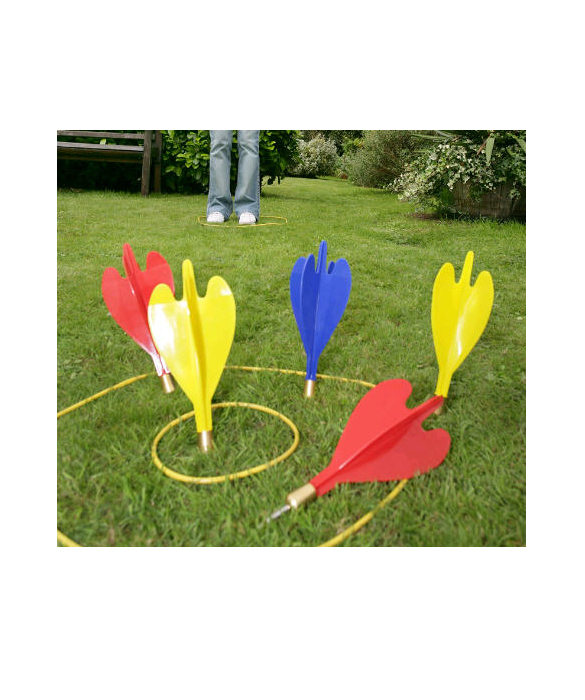
While you probably don’t give your young kids many sharp objects to play with, they’re plenty creative when it comes to finding them. Horsing around with sticks, gardening equipment, or even near sharp edges of tables/toys can lead to lacerations, something Burgert says she sees a lot of in the summertime. Also, while lawn darts have technically been pulled off the market due to the potential for danger and even death, they are still lurking around garages. If you have them, it's a good idea to get rid of them, pronto.
Photo via CoolThings
The Backyard
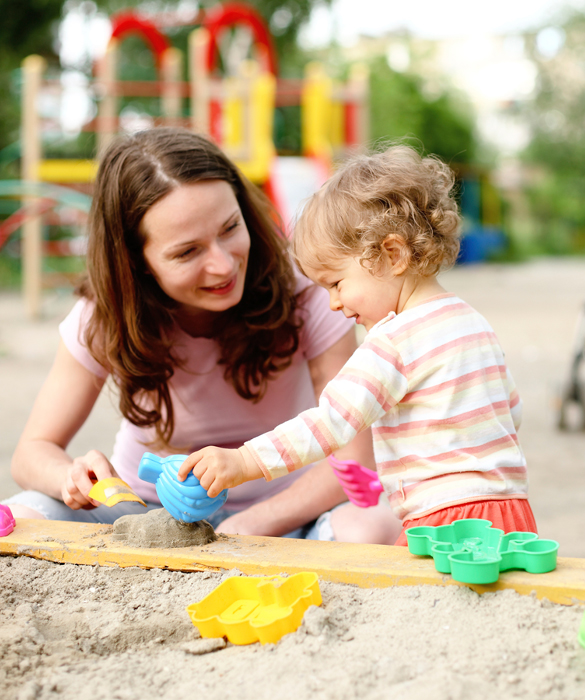
Just like inside, you need to childproof the outdoor areas your kids play near. Make sure pools are surrounded by secure 4-foot fences and ditches are filled in, and be on the lookout for other potential dangers waiting in the wings. These can be anything. “For instance, if the grill [is] still hot after dinner is over, and the kids go back to playing, they can get burned,” Burgert says. As a mom, you have to think one or two (or three) steps ahead.
